
BSc (Hons) Psychology
Are you interested in what influences society, people and their behaviours? Have you wondered how our environment shapes action and who we become? Psychology is the scientific study of the mind, behaviour and relationships, and studying psychology at Marjon will enable you to immerse yourself in research and learning, to understand how psychology can be used in the world to influence our society, to solve issues and to investigate human behaviour and thinking.


Rated 100% satisfaction for academic support
National Student Survey 2024

Apply now for this course

Get our health course news
Entry requirements
Three A-levels at grades BBC or above
Or BTEC triple grades DMM or above
Or Access Pass with 23-45 Level 3 credits at Merit/Distinction, including 6 Level 3 credits at Distinction.
Or T level M
And GCSE English Language at grade 4 or grade C or above
Applicants with other qualifications and/or experience will be considered on an individual basis.
We will accept 2 AS levels in lieu of one A level but must be accompanied by 2 A Levels or BTECs. (General Studies is excluded).
UCAS points 112
UCAS code R1D4
UCAS institution code P63
Duration Three years full time or six years part time
Course Summary
In this British Psychological Society (BPS) accredited course you can immerse yourself in the study of people and their actions, emotions and thinking.
Our BSc (Hons) Psychology addresses the main areas of psychology; developmental, cognitive, biological, social, individual differences and research methods. In addition to these core areas, this wide-ranging psychology course allows you to study the areas which interest you, such as education, criminology, mental wellbeing, leadership, sports and exercise and more.
Throughout the course you’ll explore how these areas impact individuals, learning about the influence and development of social identity, chronic illness, place attachment, cognitive development, attention and more!
You'll also have plenty of opportunities to put this theory into practice, understanding how the theories apply to working with people, during your year 2 short placement (DBS check may be required) and working with other students.
Plymouth Marjon University offers a full campus experience, with accommodation, a sports centre, a bar and theatre onsite, as well as an active Students' Union, exceptional student support, and the beaches and moors of Devon and Cornwall within reach. Students on our Psychology programme benefit from high quality academic support within small class sizes, whilst enjoying a wider student experience.
You'll be required to attend University three days per week. The days are fixed to be the same three days throughout the year which allows you to balance study with your other life commitments. You will be expected to undertake independent study outside of your timetabled sessions.
Why this course at Marjon?
Dedicated psychology research spaces on campus
Small groups for teaching and learning
High student satisfaction
Accredited by the British Psychological Society (BPS)
Learn research through doing - practical approach to understanding theoretical principles of research
Immerse yourself in the study of people and their actions, emotions and thinking
Modules for this course
Course Snapshot
“ In the first year we mostly covered the basics of psychology; learning about key theories and research methods. During the second year we got to specialise more in the areas we were interested in and we went out on placement. We looked at thinking, learning, memory and language but had more freedom in choosing essay titles. In our final year we chose some of our modules and looked more closely at neuroscience and adolescent mental health alongside our dissertation research.”
Please note: optional modules are marked with an *
1st Year
Immerse in psychology
Psychology in Practice
People: Social Beings
Cognition and development
Health and Wellbeing
Understanding research: theory and method
2nd Year
Research Practice in Psychology 1
Developmental psychology
Our Social Selves
Research Practice in Psychology 2
Human cognition
Placement module
3rd Year
Exploring contemporary perspectives in psychology*
Courting controversy in childhood and adolescent development *
Mental health and young people*
Community psychology*
Dissertation
Neuroscience and Neuropsychology
Working with people
Current students say...
Tim
“The curriculum at Marjon has allowed me to explore areas I am interested in, whilst also highlighting new topics for me. I immediately felt comfortable in the diverse community and felt able to contribute to discussions. The support from the academic team has been amazing and has helped me get through some difficult moments. Having more face time with lecturers is a huge part of this and I would absolutely recommend Marjon to anyone looking to study psychology!"
Nat
“By studying Psychology, I have been able to explore the topics I was curious about, and find new areas I wanted to question too. The small classes mean that the lecturers can have a person-centred approach. A key experience I have found valuable is the placement programme. I initially liked the idea of taking a year out for a placement, but that was no longer possible when I became a mum. The way Marjon’s placement fits alongside other modules worked much better for me.”
Charley
"I have loved the person-centred approach that classes use here at Marjon. This approach has shown me that I have agency; it has allowed me to both find and use my voice here. I have also found the placement module highly valuable. It helped me to explore the career I wanted to pursue, and I have also grown a lot in confidence and skills. It has been so valuable that I am continuing to volunteer at my placement and will do so in my final year as well."
Ever wanted the answer to one of these questions? Choose this course!
Can video games be used as a tool to build trust in relationships between children and professionals?
What are the lived experiences of students with ADHD whilst studying at University?
Does exercise improve mental health and wellbeing?
Is there a relationship between self esteem, life satisfaction and Adverse Childhood Experiences?
Does the monologue delivered by America Ferrera in the Barbie movie reflect the lived experiences of women in contemporary society?
Are individuals raised with cultural beliefs more susceptible to having paranormal experiences?
Ask a student
See where our graduates are now
Katie Ledger
"University taught me to have confidence in my own ability. It allowed me to become a critical thinker which is extremely beneficial and I feel confident to challenge events that I disagree with. Learning about psychological theories has broadened my understanding of the potential causes of behaviour and enables me to appreciate how we are all different which has made me an understanding support worker. I love it when I have made a positive difference to someone."
Support Worker, Priory Group Adult Care.
What might you become?
This course is accredited by the British Psychological Society (BPS) this will place you in a position to become a graduate member of the BPS (GBC) which is the initial required standard to becoming a psychologist. All psychologists must be registered with the HCPC after completing further training.
Your psychology degree will give you the transferrable skills that employers want, whether you are looking at private or public sector careers. You could continue to postgraduate study and/or a career as a psychologist or working in research or academia.

Accreditation

British Psychological Society (BPS)
BPS accreditation ensures an engaging experience and means that upon graduation, students will be eligible for Graduate Basis Chartered Membership of the BPS which is required of applicants to the postgraduate training programmes that lead to becoming a Chartered Psychologist.
How you’ll be taught and assessed?
How will you be taught?
Teaching combines interactive lectures with seminars and workshops, all supported by online materials and tutorials. There are opportunities to look at case studies to apply your learning, and you will learn how to research by doing research.
How will you be assessed?
Our assessments are throughout the year and include essays, research lab reports, presentations and producing social media content, posters and other materials. Across the degree there are two timed assessments. The assessments are designed to offer you the ability to demonstrate your knowledge and provide you with skills for your career.
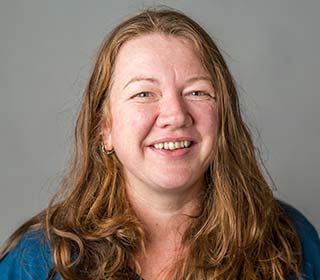
Hazel is a chartered member of The British Psychological Society (BPS). Her research centres on student wellbeing, professional identity and development, and students' relationship with the teaching and learning environment.
Fees and funding
Fees UK students: £9,535 per annum
Fees for International students: £14,600 per annum
This fee covers your tuition and access to course-specific equipment and facilities, as well associated services including access to the library, study skills support, IT support, student support and wellbeing services and membership of the Student Union. There may be additional costs by course.
Additional costs:
Students need to fund a DBS check to attend some placements.
Funding available for this course
Our Student Funding Advisors offer confidential and impartial advice about your funding options.
Learn moreLecturers
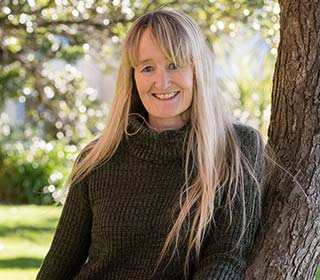
Dr Katheryn Edwards is a BPS Chartered Psychologist and Fellow of the Higher Education Academy. Her PhD investigated a dual process account of human mind-reading. Katheryn teaches across a number of modules relating to cognitive psychology, developmental psychology, research methods and study skills.
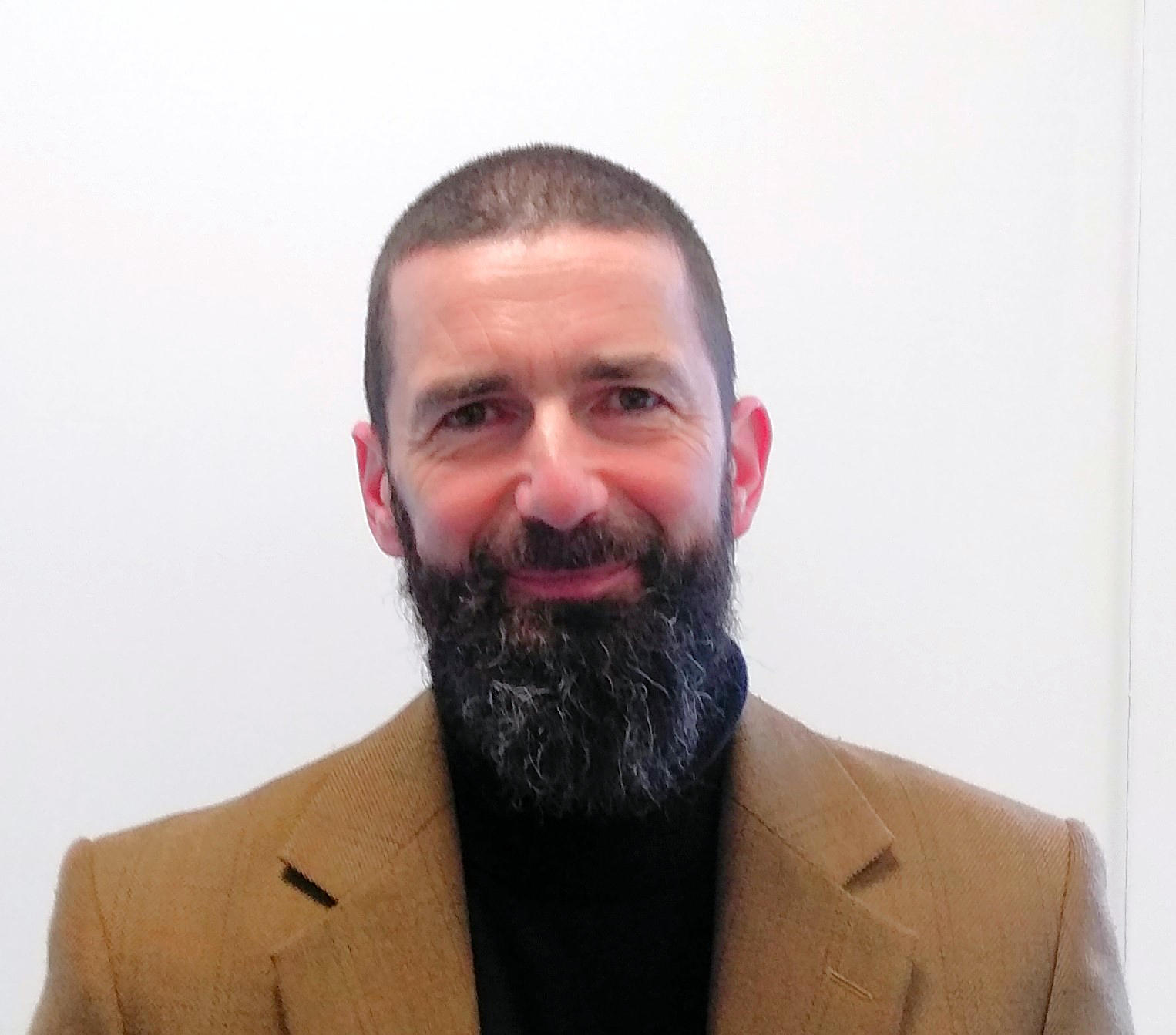
Damien holds a BPS accredited BSc in Psychology, an MSc in Social Research methods and Evaluation, and is a Fellow of the Higher Education Academy. His doctoral research sits at the intersection of environmental psychology and environmental ethics. Damien teaches across multiple psychology modules, including qualitative research methods and social psychology.

Carina is a BPS Chartered Counselling Psychologist and a Fellow of the Higher Education Academy. Her teaching is mainly focused around social psychology and mental health within the discipline and how these can be applied to the world we live in. She teaches across a range of undergraduate and post-graduate psychology programmes. She has worked as a clinical practitioner on a one-to-one and group basis, across a range of settings, including primary care, the police and private practice for over 30 years. Specialist interests and expertise include: PTSD, Trauma, Eating Disorders.
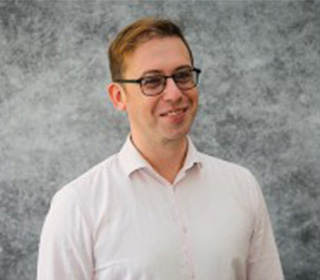
Jonathan specialises in applied neuropsychology and has a research background investigating the therapeutic use of gamified cognitive training for young people with visuocognitive difficulties caused by brain injury or neurodivergence. He is a Fellow of the Higher Education Authority and teaches across a number of modules on the undergraduate and postgraduate psychology programmes related to cognitive neuroscience, neuropsychology, and applied research methods.
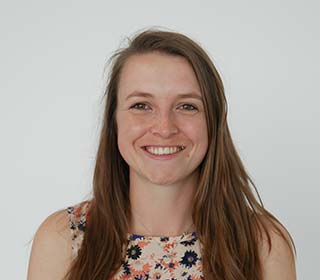
Rosanna specialises in the psychology of sporting performance, examining the critical perceptual cognitive factors that enable elite performance. Her research fields are cognitive psychology, performance psychology and quantitative methods.
Frequently asked questions
Q1 Are there any exams?
Q2 What does the timetable look like?
Q3 How big is the class?
Q4 Is the course accredited?
Q5 Is there a placement?
Q6 What do your graduates do?
Find out more about studying BSc (Hons) Psychology at Marjon

Discover Uni collects data about university courses in the UK. All universities publish Discover Uni data on their online course pages enabling you to compare similar courses at different universities.


